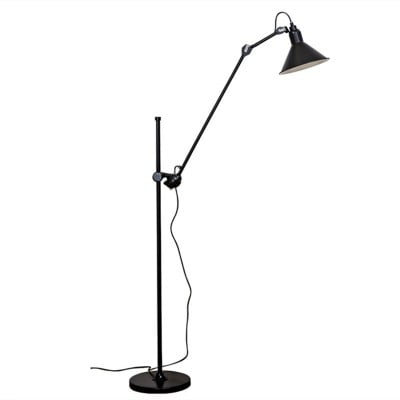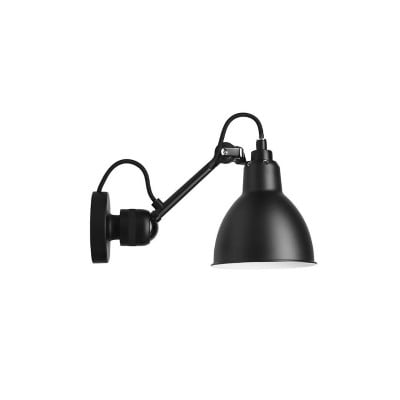Lampe Gras Gulv
12.10.2021
1494
Lampe gras gulv has been around for a long time and is one of the most popular types of flooring. It is made up of small pieces of slate that are glued together to create a tile.
Lampe Gras Gulv is an old type of flooring that has been around for a long time. It is made up of small pieces of slate that are glued together to create a tile. Lampe Gras Gulv was first introduced in France in the late 1800s and became popular in Europe and the United States during the early 1900s.
Lampe Gras Gulv gained popularity because it looks like natural stone and it can be used on any surface, such as ceramic, porcelain, or wood floors.
Share
Related posts
09
Aug
2022
Don't miss the Vertigo pendant lamp replica at a good price!
The Vertigo pendant lamp replica is suitable for creating a visual center in these areas like...
01
Jun
2022
Want to buy an economical petite friture vertigo replica?
Want to buy an economical petite friture vertigo replica? The vertigo suspension lamp by...
01
Jun
2022
Render an art environment with Vertigo pendant light replica!
The Nordic Vertigo pendant light replica is made of fabric and polyurethane. The special material...
17
Okt
2021
Flos 2097/18 Sarfatti
Artificial intelligence is the future of content generation and writing. AI writers are a step in...
17
Okt
2021
Flos 2097/30 Messinki
Messinki is a Finnish word which means “messenger”. It's used to describe a person who delivers...
17
Okt
2021
Flos 2097/30 Hinta
The flos 2097/30 hinta is a Finnish-language version of the floss, a Finnish word for thread. It...
17
Okt
2021
Flos 2097 Lamp
The flos 2097 lamp is a product that is made of a glass bulb, a filament, and an LED. The glass...
17
Okt
2021
Flos 2097 Prezzo
The flos 2097 prezzo is a new type of wine that has been created by the French winemakers.
17
Okt
2021
Flos 2097/30 Gebraucht
The flos 2097/30 is a German-made, state of the art, automatic typewriter that was manufactured...
17
Okt
2021
2097 Flos Ottone
The flos ottone is a type of star-shaped constellation. It was first described by the astronomer...









0 comment(s)